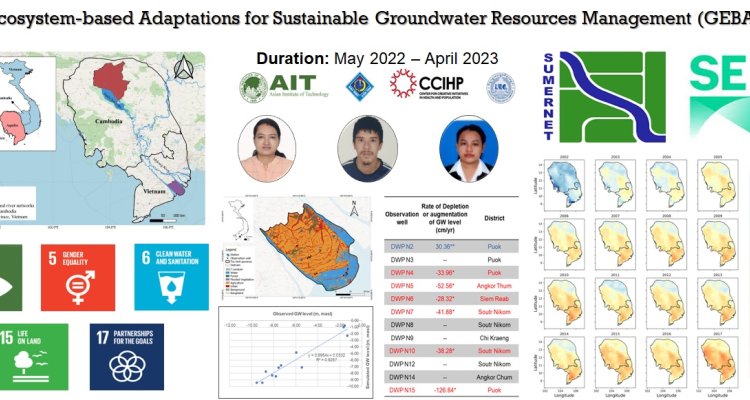
Project
Stabilization of the Columbian agricultural frontier
Stabilizing the agricultural frontier requires agro-ecological intensification, forest management and restoration, and improvements in territorial governance systems. In post-conflict Colombian territories, the gap between agricultural innovations and territorial planning is large. We follow an integrative landscape-level approach to (i) maximize positive benefits of ecological interactions between landscape components for ecosystem services essential for agro-ecological intensification, (ii) enhance socio-economic complementarities between agricultural innovation, forest management and restoration strategies.
Introduction
The Comprehensive Rural Reform included in the Peace Agreement was signed in 2016 between the Colombian Government and the Colombian Revolutionary Armed Forces (FARC). One of its main objectives is the definition and stabilization of the agricultural frontier and the protection of areas environmentally sensitive, to ensure prosperous and sustainable livelihoods for local communities. This stabilization process has not been achieved yet. Vast areas of natural tropical forest are still being transformed, due to different drivers such as land ownership concentration and speculation, often linked to illicit crops, extensive cattle grazing, and mining.
The stabilization of the agricultural frontier requires an acceleration of innovation in agriculture systems fostering agro-ecological intensification, forest management and restoration, and improvements in current territorial governance systems. Historically, in Colombia has been a clear gap between agricultural innovations and territorial planning, and this gap is even more important in post-conflict territories. The agro-ecological intensification, forest management and restoration require an integrative landscape-level approach that is encompassed in this project with the aim of: (i) maximizing the positive benefits of ecological interactions between landscape components for the production of ecosystem services essential for agro-ecological intensification, (ii) enhancing socio-economic complementarities between agricultural innovation, forest management and restoration strategies.
Objective
Contribute to the stabilization of the agricultural frontier by supporting agroecological intensification, sustainable forest management, and landscape restoration through a common territorial vision supported by the generation of knowledge, dialogue, effective governance, and innovative tools.
Method
The Project develops three components:
- Governance strengthening,
- Evaluation of performance of land uses and value chains at the landscape level, and
- Design of sustainable territories.
We have developed a geographic platform that allows modeling use scenarios and defining one or more scenarios agreed with stakeholders. This will enable the characterization of more optimal scenarios at the landscape scale.
(Expected) results
The project also has some expected outcomes such as: (i) governance arrangements identified and implemented to strengthen synergies between stakeholders and institutions; (ii) consolidation of a shared vision of the territory for the closure and stabilization of the agricultural frontier; (iii) ecosystem services, and landscape transformation process characterized and incorporated in an integrated way by the different stakeholders in their practices; (iv) concerted territorial management scenarios and action plans aimed to the closure and stabilization of the agricultural frontier and the sustainable use of forests; (iv) public policy recommendations based in the characterized agricultural and forestry value chains and value networks.